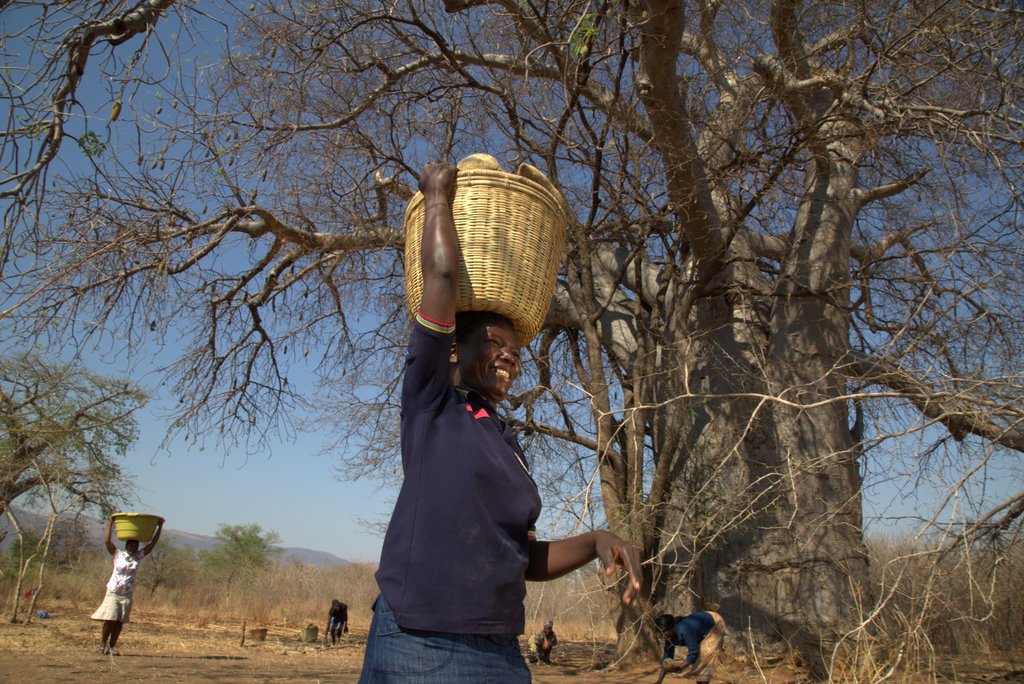Sustainable Wild Harvesting through FairWild
-
Region
Global -
Workstream
Addressing Global Challenges -
Type
News -
Source
BGCI Partner
News published: 21 September 2023
Thousands of everyday products contain ingredients sourced from wild-harvested plants, such as dandelions in our tea, rosehips in our lotion, frankincense in our perfumes, and jatamansi in our incense. Shockingly, between 60% and 90% of the medicinal and aromatic plants traded worldwide are collected from the wild. Only 7% of these plants have been assessed against sustainability criteria, with 1 in 5 facing extinction in their natural habitats (WildCheck Report, 2022). Unsustainable wild harvesting poses several critical problems, including over-harvesting, climate change, slavery, gender inequality, child labor, and more. However, with numerous success stories from around the world and certification for 47 species, FairWild aims to ensure that our wild harvesting practices are beneficial for the environment, the collectors, and the consumers.
From protecting 2000 hectares in the North Western Ghats of India to empowering women through Frankincense in Samburu, Kenya, FairWild has safeguarded an impressive 1.7 million hectares of wild landscapes and positively impacted the lives of 26.6 thousand people worldwide through FairWild premium payments.
FairWild, the nonprofit based in Cambridge and founded by nature conservationists committed to saving the world, has emerged as a pioneer in protecting the last pristine landscapes and ancestral cultures. FairWild has successfully demonstrated how responsible business practices can foster a positive relationship between nature and people. The organization has established the FairWild Standard, recognized as the gold standard of sustainability by the Convention on Biological Diversity. This standard is rigorous applied by companies committed to biodiversity conservation, preservation of natural habitats, and support for the livelihoods of communities dependent on these habitats. At present, over 70 brands and operators participate in FairWild, diligently following the certification process.

“FairWild is about taking care of wild lands, wild species, and the people who harvest them. In lengthy supply chains, it’s easy to overlook the individuals involved at the other end. We aim to make them visible to the public and the companies purchasing their products.” – Bryony Morgan, FairWild’s project manager.
Under the FairWild certification, collectors are required to harvest plants in a manner that does not negatively impact the population. For instance, leaving sufficient plants in the ground for regeneration in subsequent years ensures the sustainability of the supply and minimizes the impact on ecosystems. Products bearing the FairWild certification feature the FairWild logo on their packaging, indicating that they use sustainably harvested ingredients, fairly compensate collectors, provide appropriate working conditions, and maintain a fully transparent and traceable supply chain.
BGCI Databases
Explore BGCI's suites of databases to help plant conservation worldwide. Upload your data!
Become a Member
Be part of the largest network of botanic gardens and plant conservation experts in the world by joining BGCI today!